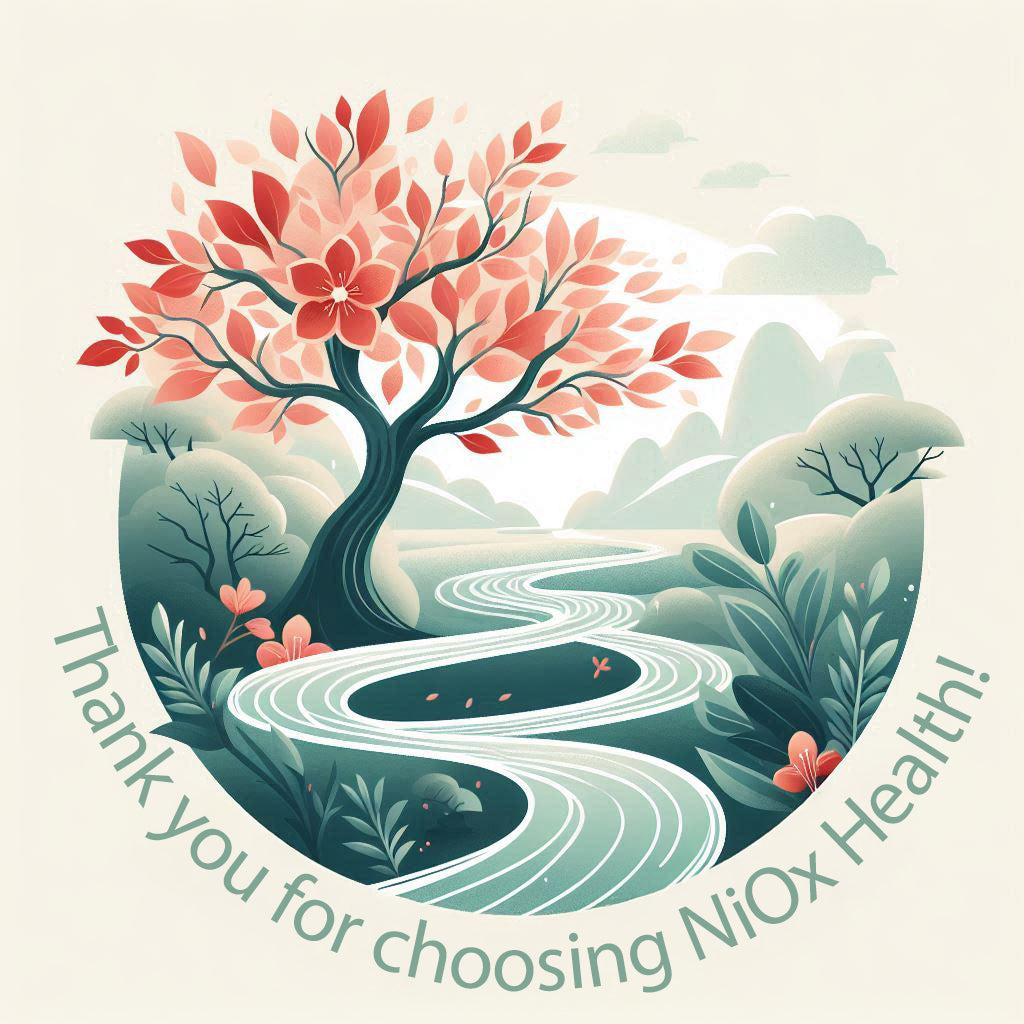Tips to Reduce High Blood Pressure this Winter
 According to the Mayo Clinic, high blood pressure (hypertension) increases in the winter and decreases in the summer for most. The diameter of your blood vessels constricts in cold temperatures, causing the heart to work harder to push blood through the veins and arteries. Both systolic (blood pressure when the heart contracts) and diastolic (blood pressure reading while the heart is at rest) readings increase during colder weather. Let’s look at tips to reduce high blood pressure this winter.
According to the Mayo Clinic, high blood pressure (hypertension) increases in the winter and decreases in the summer for most. The diameter of your blood vessels constricts in cold temperatures, causing the heart to work harder to push blood through the veins and arteries. Both systolic (blood pressure when the heart contracts) and diastolic (blood pressure reading while the heart is at rest) readings increase during colder weather. Let’s look at tips to reduce high blood pressure this winter.
Cold Weather and Blood Pressure
Cold weather impacts the elderly more than other age groups. But is there anything you can do to combat this winter rise in your blood pressure?
First, it’s important to be aware that your blood pressure may be on the rise during colder months. Doctors recommend older people, especially those with chronically high blood pressure, closely monitor their blood pressure during the winter. People with coronary heart disease often suffer angina pectoris (chest pain or discomfort) when they’re in cold weather. So, it’s even more important they regularly check their blood pressure.
Many people aren’t conditioned for the stress of vigorous outdoor activities and don’t know the potential dangers of being outdoors in cold weather.
Hypertension is associated not just with winter, but also with distance from the equator and exposure to sunlight. UVB rays from the sun promote vitamin D synthesis, so with less sunlight, many people become vitamin D deficient in the darker winter months.
Vitamin D deficiency increases the risk of hypertension. If you live in a cold climate, you should consider taking a vitamin D supplement during the colder months.
As always, you should consult with your doctor as to the appropriate dosage. UVA rays from sunlight reduces blood pressure by causing the release of nitric oxide from storage in the skin.
Nitric oxide helps to dilate blood vessels, which lowers blood pressure. While excessive sun can damage your skin, small doses of sunlight can be very beneficial to your blood pressure and your body. When the sun is out and if it’s not too cold, a short walk in the sun can be beneficial.
Tips for Hypertension
Besides taking a vitamin D supplement and short walks in the sun to reduce your blood pressure during the winter, here are some additional tips that can help keep your blood pressure where it is safer this winter:
- Stay active, many people don’t get as much activity in the colder months
- If your blood pressure rises, discuss what you can do with your doctor.
- Consider a supplement like Infusion. Infusion increases the natural nitric oxide production within the body to help open the blood vessels and support healthy blood pressure.
- Keep as warm as possible when outdoors to fight against unnecessary blood vessel constriction.





Leave a comment
Please note, comments need to be approved before they are published.